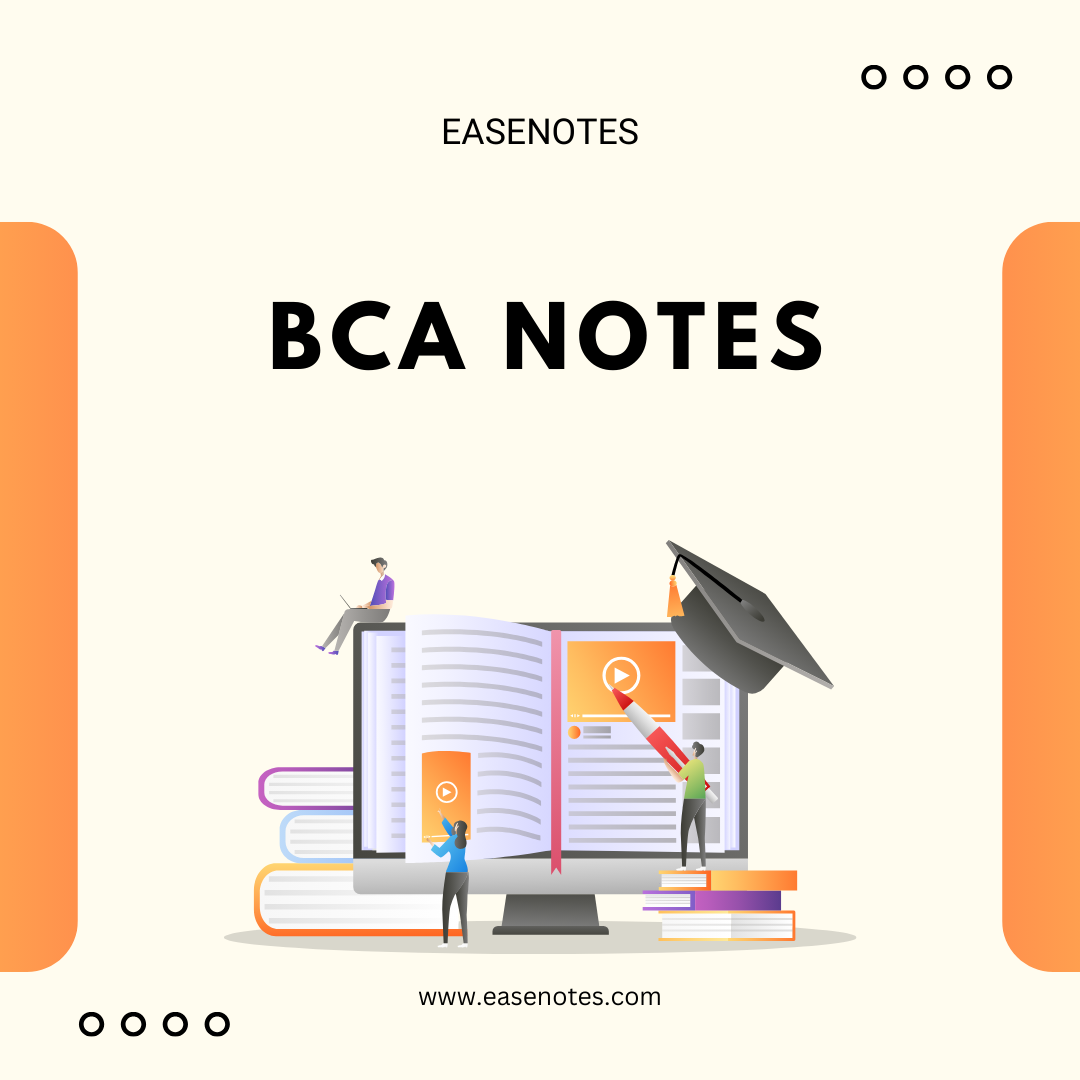
- contact@easenotes.com
- Phone: (+91) 9964716807

BCA203-Digital Electronics and Computer Organization BCA 2nd SEM
BCA University notes on 2nd SEM BCA 1st Year 2022 scheme notes 2024. Study materials and previous year question papers on easenotes 2024.
